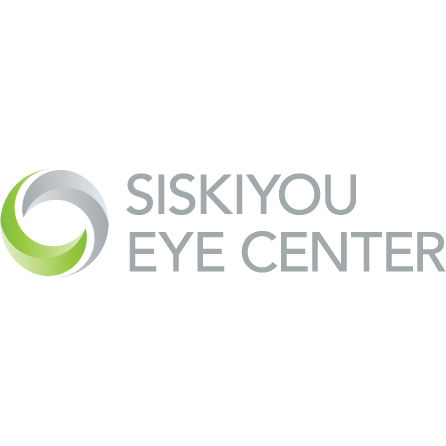Periodic eye examinations are an important part of preventative health care. Many serious eye and vision problems have no obvious signs or symptoms in the early stages.
A comprehensive eye examination is more than just checking to see if you need glasses. It is a comprehensive evaluation of your eyes and visual system. Regular eye exams play an important role in the early diagnosis of common vision problems and more serious sight-threatening problems.
Contact us to schedule an examination. If you are a new patient and have an eye exam scheduled, please take a moment to fill out our new patient forms.

Who Should Get An Eye Exam?
Children
Children with no visual concerns should have an eye examination every few years to evaluate vision and general eye health. More frequent exams may be necessary in children with glasses, lazy eye (amblyopia) or other conditions as vision and glasses prescription can change as the eye grows.
Adults
Adults younger than 40 without any eye health conditions should have an eye exam every few years. However, some medical conditions, such as diabetes or high blood pressure, may warrant more frequent exams as they may lead to impaired eyesight.
Adults over 40 should have an eye exam annually to check for early indicators of potentially serious eye conditions. Regular eye exams are critical for finding:
- Glaucoma
- Age-related macular degeneration
- Cataracts
- Diabetic retinopathy
What to Expect
A standard eye exam typically lasts 1 to 2 hours, but will vary depending on the need for special testing.
Visual Acuity
It is important to establish how well you see – either with your current glasses or without glasses if you have none. Other screening tests that might be performed check your peripheral vision, eye muscle movements, depth perception, color vision, eye alignment, and pupil response to light.
Refraction
A refraction is the part of the examination where your glasses prescription is determined. Even if you don’t feel you need glasses or if you feel your glasses prescription hasn’t changed, it is important for your doctor to establish what glasses prescription gives you your best vision.
Eye Health Evaluation
In order to screen for glaucoma your eye pressures will be measured. Glaucoma can develop at any eye pressure, but it is much more common when eye pressures are elevated.
As part of the health evaluation of your eyes, your eye doctor may request that your eyes be dilated. Eye drops can be instilled into the eyes that enlarge the pupil and create a larger window thru which the doctor can see the internal structures of the eye. When your eyes are dilated you may notice that bright lights are even brighter and your reading vision may be reduced. The dilation typically lasts 3-5 hours.
Your eye doctor will then use a series of lights and magnifying lenses to examine the external and internal structure of the eye.
Additional Testing
Based on the results of the doctor’s examination, other more in depth testing may be required to rule out problems, clarify results, or provide more in-depth information.
Following your examination, the doctor will explain the results and answer any questions you might have. Recommendations for your future eye care will also be discussed.
